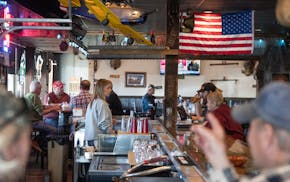The Mankato City Council voted Monday to limit the number of recreational cannabis retailers to four, the minimum allowed under state law. The ordinance also establishes strict zoning regulations, including large buffer zones around schools, day care centers and parks.
The decision comes as cities across Minnesota grapple with the 2023 legalization of recreational cannabis, which is expected to create a $1.5 billion market when state licensing is finalized, likely sometime next year.
While local governments cannot ban cannabis businesses outright, they have leeway in regulating their location and number of licenses.
Mankato's ordinance sets a 1,000-foot buffer zone around schools and a 500-foot buffer around day cares, residential drug treatment facilities and some parks. These restrictions are stricter than those adopted by other cities, including Minneapolis and St. Paul, which set buffers at 300 feet from schools.
"Some say this is very restrictive," longtime City Council President Mike Laven said. "But these restrictions are the best practice now, and we can modify them in the future."
The restrictions drew criticism from Mathew Little, a Mankato resident and operating partner for a hemp processing company in Waseca. The limit of four retailers was "way too low" for a regional hub like Mankato, Little said at the meeting, adding that there should be 10 to 15 licenses.
And expansive buffer zones limit the number of buildings in which retailers can set up shop, which could lead to property owners increasing rent or selling prices, Little said in a call Tuesday.
"Anytime you have restrictive capitalism, you'll have higher prices," he said.
City Attorney Pam Whitmore acknowledged that Mankato's ordinance might seem restrictive to some but emphasized that it reflects a "middle ground." She and other city officials said they anticipate further adjustments as the state refines its rules and the market evolves.
"You'll be seeing me a lot in the course of the next couple of years with changes and tweaks to our cannabis ordinances," Whitmore told the council.
Already, Minnesota's first lottery for people seeking cannabis business licenses has been delayed amid lawsuits filed by applicants who said they were unfairly denied entrance.
The Mankato City Council on Monday also addressed the sale of lower-potency hemp-derived products, which are not subject to the same buffer zone restrictions as high-potency cannabis products and will be allowed in more businesses throughout the city.
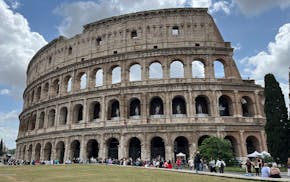
Brooks: Will American tourists abroad be welcome, or at least tolerated? I found out.
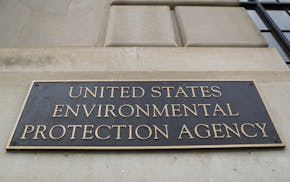
Minneapolis Foundation is suing the EPA over frozen environmental justice grants
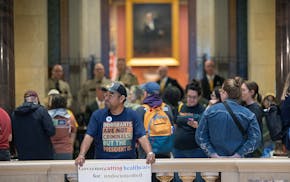
Minnesota's budget deal threatened over plans to undo health care for undocumented adults
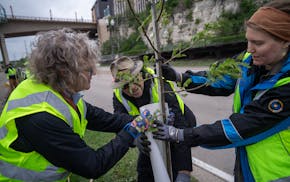
Vandals ripped out trees in St. Paul last year. Volunteers planted new ones.
